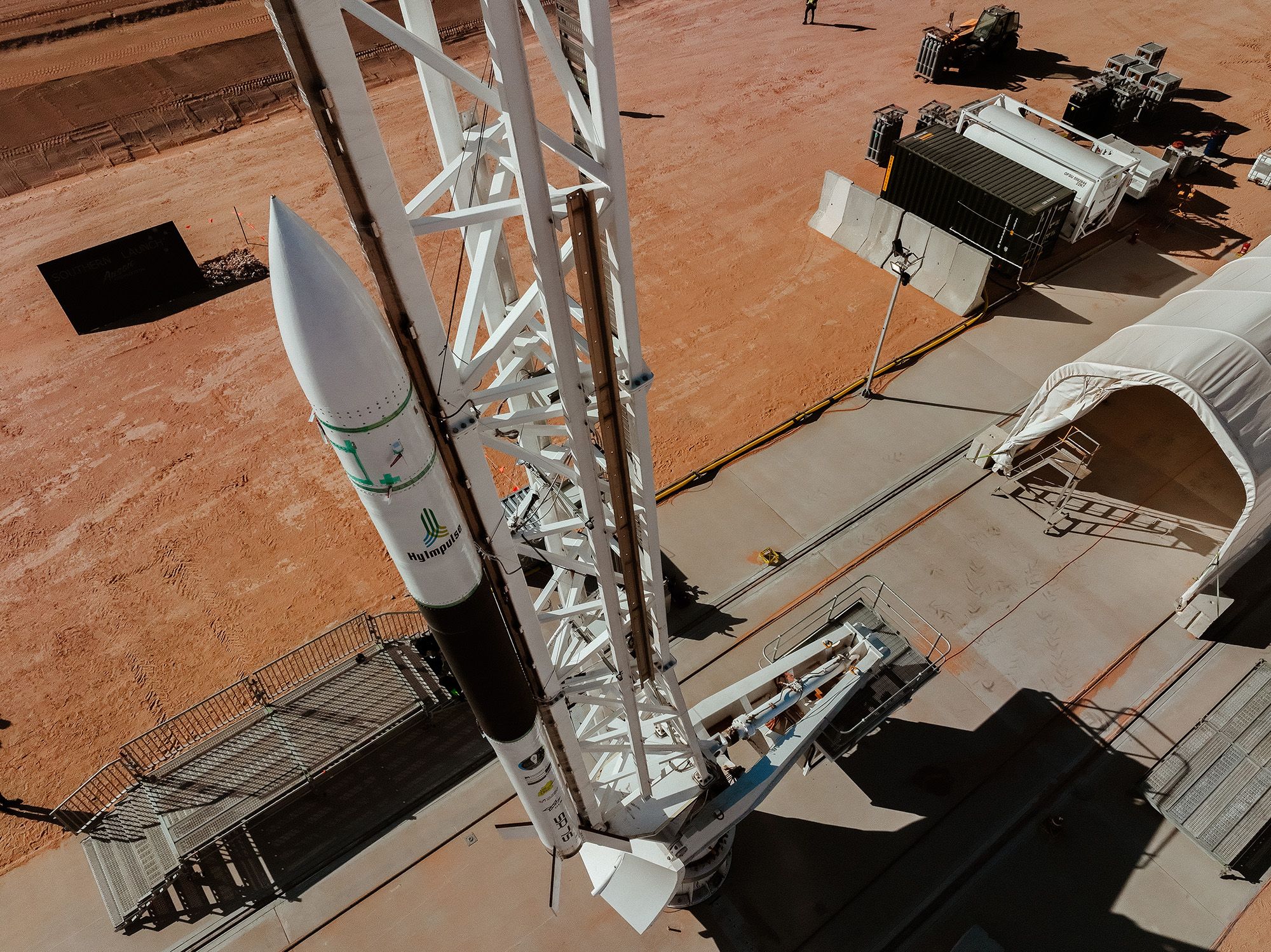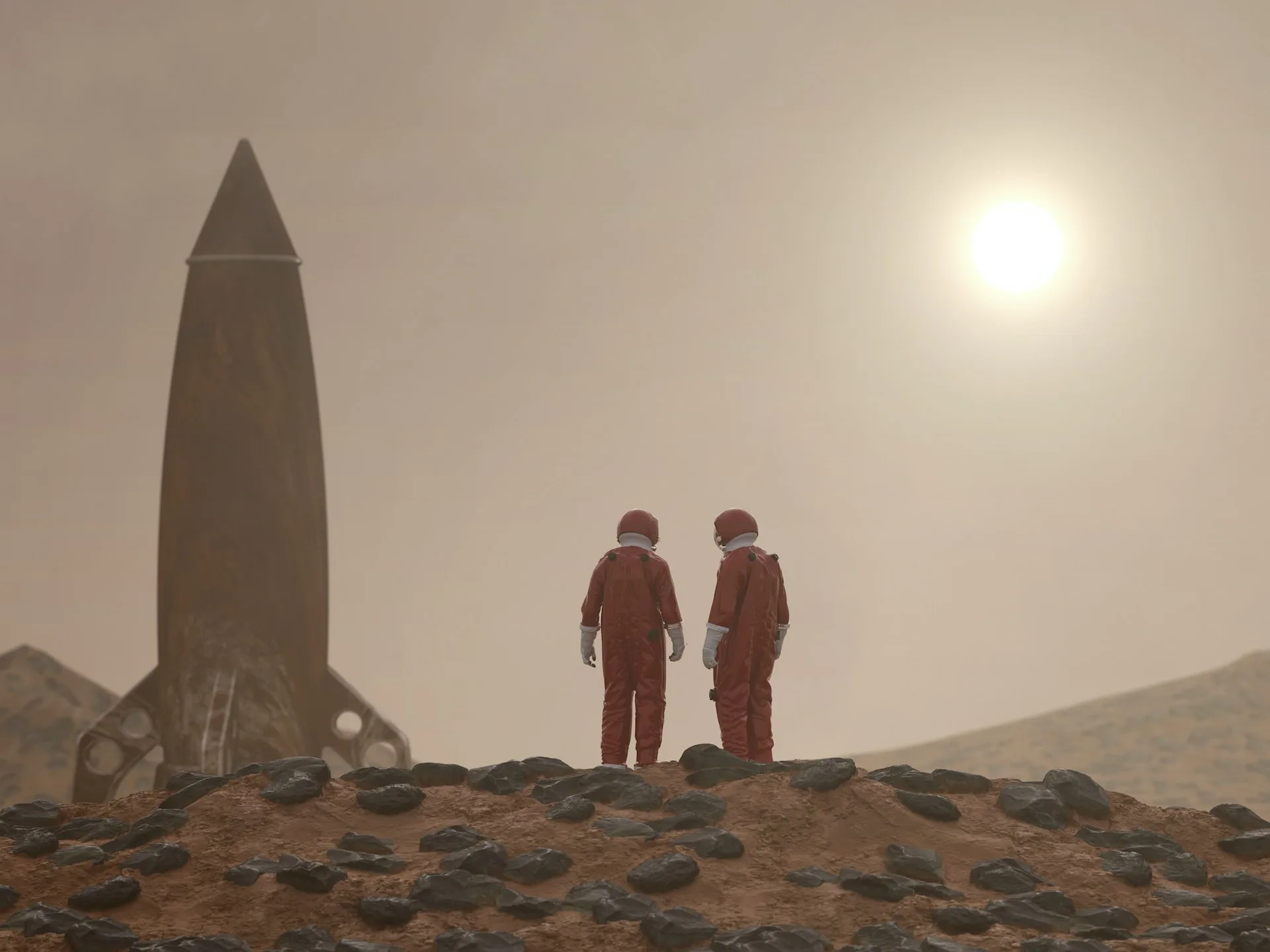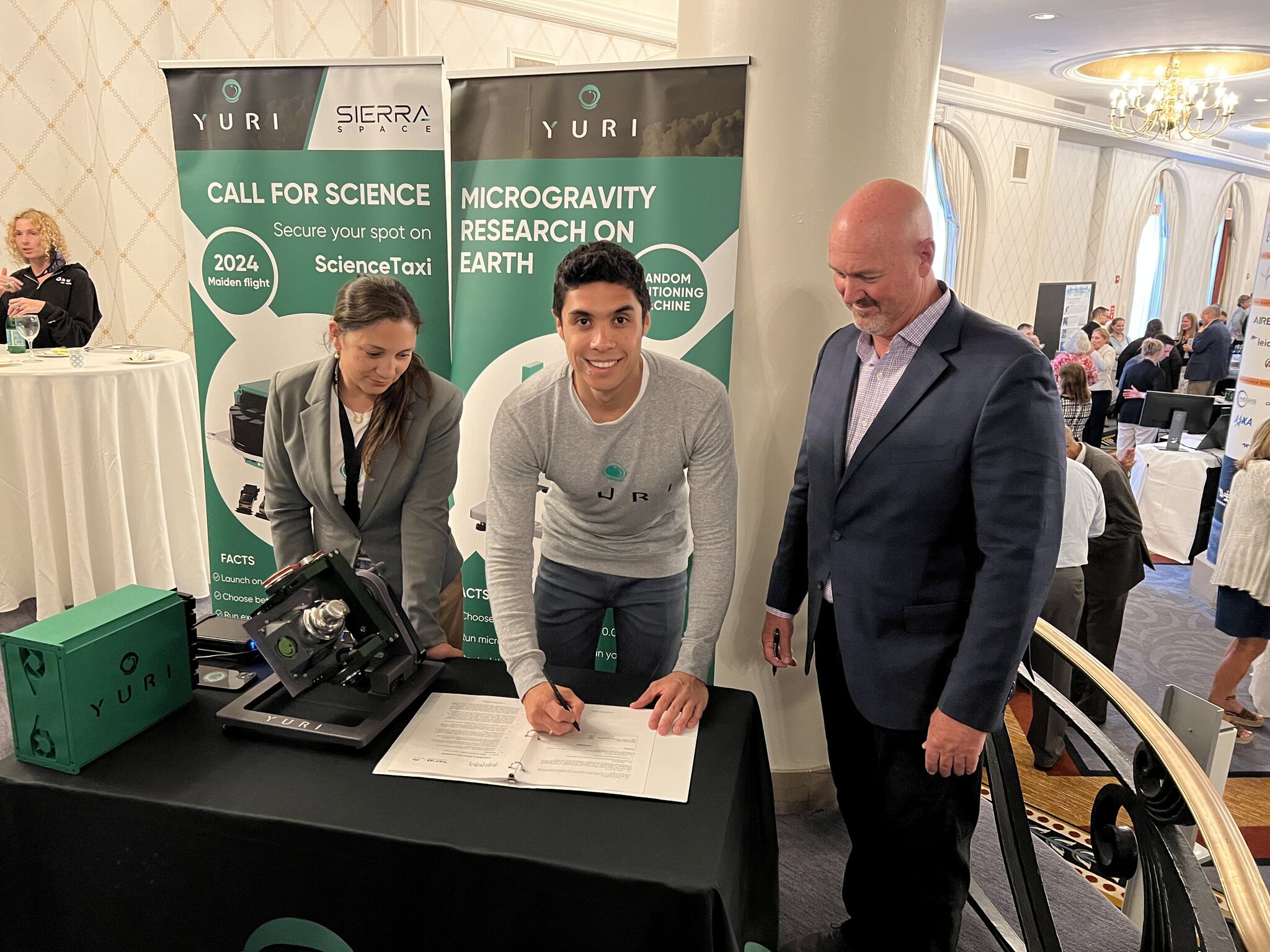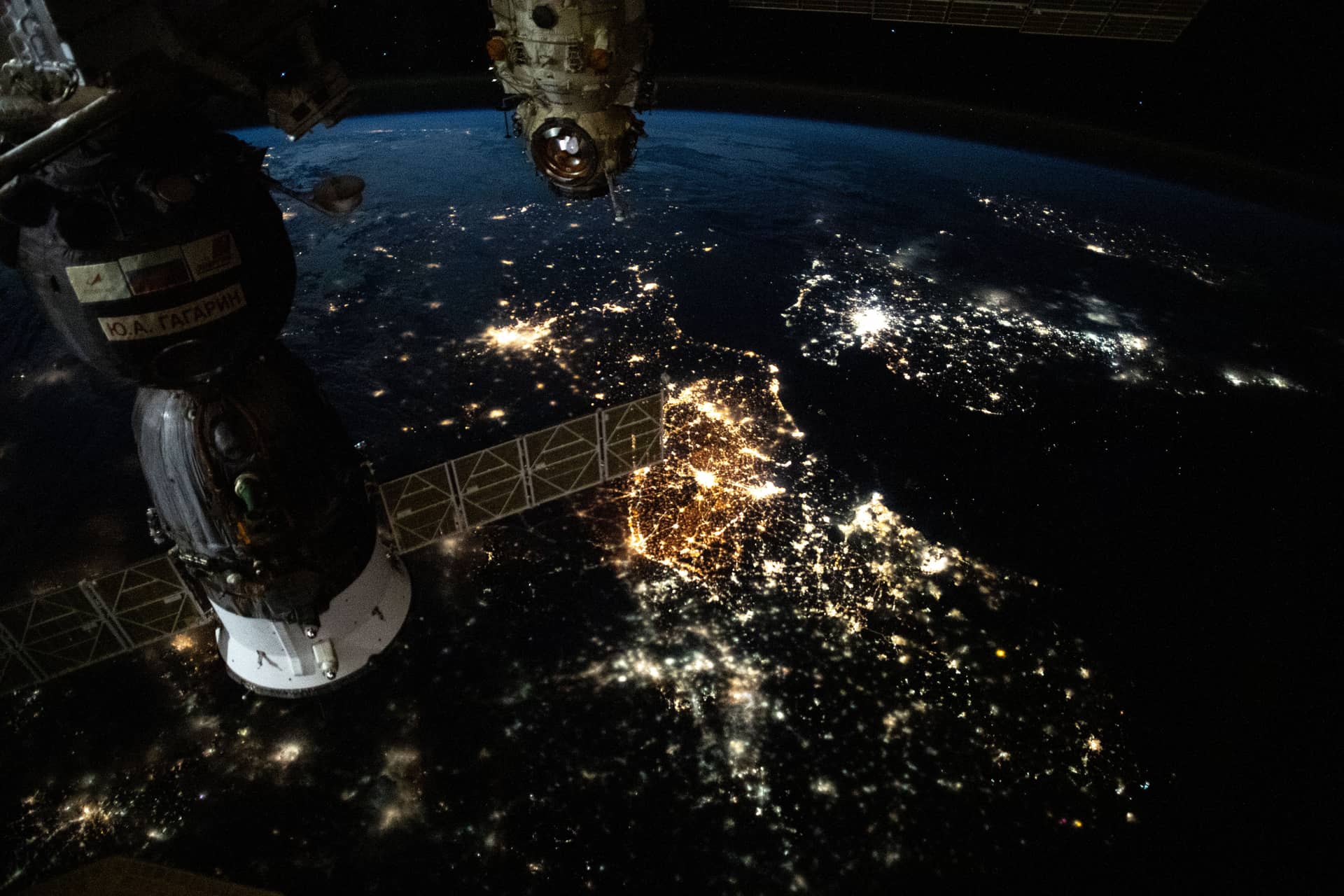
Yuri relaunches corporate design
Published on Wed, 18.01.2023 – 09:38 CET in Internals, covering YuriYuri is a space biotech company that uses microgravity in space to develop and manufacture high-value biotech products. The team of more than 30 space engineers and biologists has worked on more than 20 payloads for the International Space Station (ISS) in collaboration with organizations such as NASA, ESA, GSK and Charité Berlin. Now the start-up from Meckenbeuren has redesigned its corporate design.
The redesigned brand identity is particularly visible on Yuri's new website. Numerous micro animations even make the individual elements seem to defy gravity. The original word-picture brand has become a pure word brand, and the previously strong green has given way to a much lighter shade. According to the company, there was also a photo shoot as part of the redesign. All in all, the appearance now seems much more grown-up and impresses above all with its clarity.
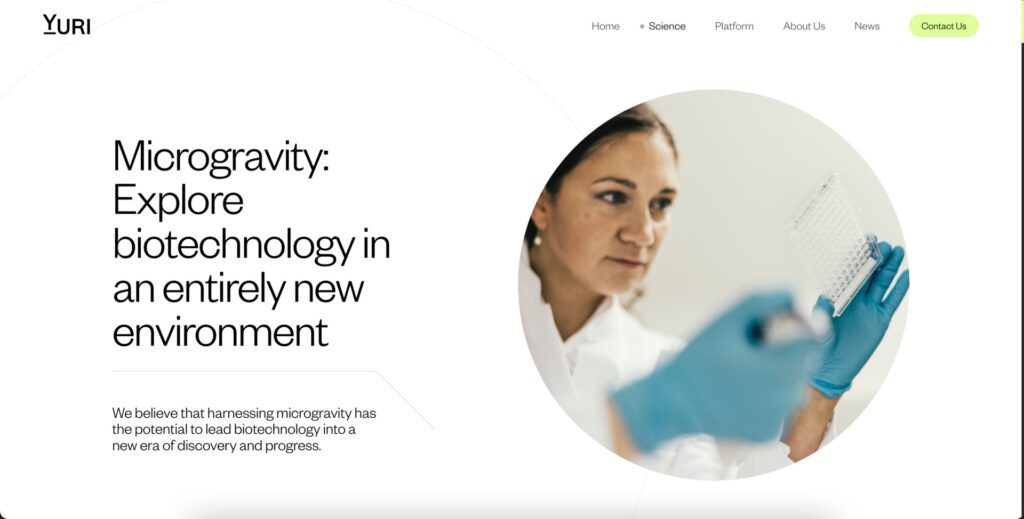
Yuri was founded in 2019 by former Airbus engineers Maria Birlem and Christian Bruderrek together with entrepreneur Mark Kugel. During their time at Airbus, Birlem and Bruderrek worked on ISS payloads. They recognized the enormous potential of microgravity for life sciences beyond government-funded research. Since then, the team has grown to more than 30 employees at their headquarters in southern Germany and their development center in Luxembourg. In 2022, Daniela Bezdan joined as chief scientific officer (CSO). She brings experience from Weill-CornellMedicine New York, CRG Barcelona, Max-Planck, NASA Genelabs, and PoppyHealth, where she was until recently co-founder and CSO. At Yuri, she leads the development of the biotech product pipeline.
Yuri is realizing Space Biotech
Yuri developed Clinostat and the Random Positioning Machine (RPM) so that researchers don't have to rush headlong into space with their experiments. Both are capable of simulating the conditions of weightlessness 24/7. If the lab results are promising, they can be tested in space. Yuri also provides the necessary infrastructure for this. Containers developed for various applications can then be used to transport experiments to the ISS or to another spacecraft in orbit. In 2024, the "ScienceTaxi" will then fly into space for the first time. This is a space incubator for the latest generation of space stations and capsules.
